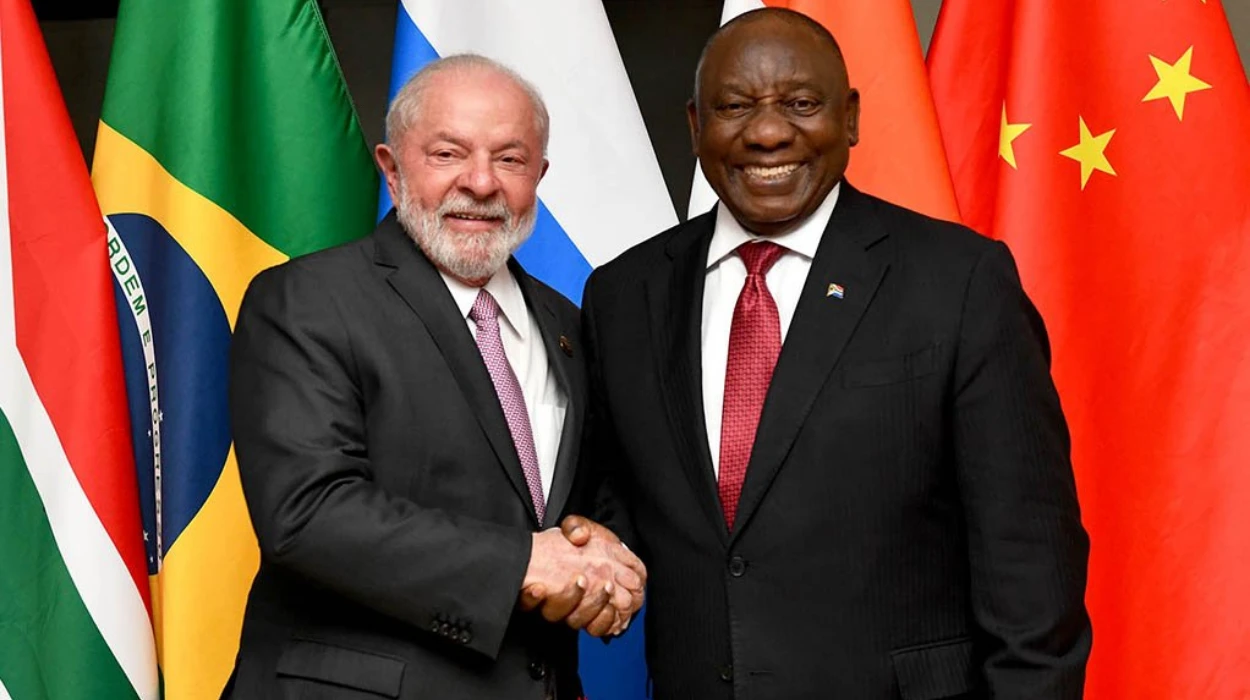World (Parliament Politics Magazine) – Brazil has officially joined South Africa in filing a genocide case against Israel at the International Court of Justice (ICJ), accusing Israel of committing genocide against Palestinians in Gaza. This legal intervention, invoking Article 63 of the ICJ Statute, marks a significant development in international efforts to hold Israel accountable for alleged war crimes amid ongoing conflict.
Brazil’s Formal Intervention and Legal Grounds
As reported by WAFA and Anadolu Agency, Brazil officially filed its declaration of intervention at the ICJ on 17 September 2025, invoking Article 63 of the Court’s Statute. This article permits states party to a convention under interpretation in ICJ proceedings to intervene if the construction of that convention is at stake. Brazil exercised this right as a party to the 1948 Convention on the Prevention and Punishment of the Crime of Genocide.
The Brazilian Ministry of Foreign Affairs welcomed the decision as a commitment to upholding international law and supporting justice for the Palestinian people. Brazil emphasized that Israel’s actions in Gaza and the occupied West Bank constitute violations of several articles of the Genocide Convention, particularly due to the ongoing violence against civilians and the restrictions that have created humanitarian crises.
Brazil’s Foreign Minister Mauro Vieira, as covered by Folha de S. Paulo and reiterated by Al Jazeera, stated,
“The international community cannot remain passive in the face of ongoing atrocities,”
highlighting Brazil’s determination to act against impunity that undermines international law.
Background of the ICJ Genocide Case
South Africa initially filed the genocide case against Israel on 29 December 2023, accusing Israel of mass killings, forced displacement, and destruction amounting to genocide under the UN Genocide Convention. South Africa submitted an 84-page detailed case outlining evidence of systematic attacks leading to the deaths of thousands of Palestinians, mostly women and children, in the Gaza Strip.
The International Court of Justice issued a provisional order on 26 January 2024, mandating Israel to prevent acts prohibited under the Genocide Convention and ensuring humanitarian access to Gaza. According to TRT World and AA News, Brazil joins a growing list of countries including Spain, Ireland, Mexico, Turkiye, Colombia, Chile, and others that have formally sought intervention in the case, reinforcing its international significance.
Political and Diplomatic Reactions
Brazil’s decision is seen as a principled stance supporting international legal norms and the rights of Palestinian civilians. The Ministry of Foreign Affairs and Expatriates in Palestine praised Brazil’s move as an important addition to global efforts to end impunity and hold Israel accountable, calling on other nations to follow suit.
Conversely, the Israeli government has rejected the allegations. Israeli Deputy Foreign Minister Aryeh Cohen labelled the case “politically motivated,” stating Israel’s military responses are lawful acts against terrorism, not genocide, as reported by Anadolu Agency. Israel strongly criticised Brazil and South Africa for what it perceives as undermining peace prospects in the Middle East.
The United Nations, while urging calm and respect for international law, has refrained from taking sides publicly but reiterated the critical need to protect civilians and resolve conflicts through legal channels. UN Secretary-General António Guterres has called for justice through proper legal means without explicitly naming the parties involved.
Significance and Future Prospects at the ICJ
According to Al Jazeera and TRT World, Brazil’s involvement broadens the legal challenge against Israel and puts additional diplomatic pressure on Tel Aviv. Although ICJ rulings depend on cooperation from UN bodies and states for enforcement, the case sets an important precedent that highlights alleged violations of international humanitarian law and prompts wider global scrutiny.
The court has invited South Africa and Israel to submit written observations on Brazil’s intervention. Oral hearings are expected to begin early in 2026, with the court’s ultimate ruling potentially shaping future international humanitarian law interpretations and diplomatic relations related to the Israeli-Palestinian conflict.
International law experts, such as Professor Anne-Marie Clarke from the University of Cape Town, view Brazil’s intervention as strengthening the case’s legitimacy and raising the stakes for accountability in the conflict.


